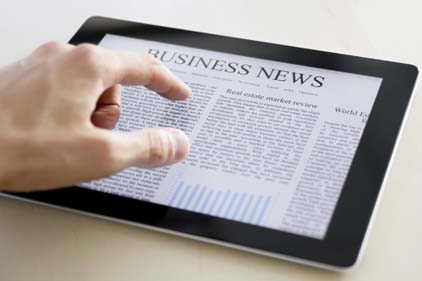Despite major GPS fitness device OEMs announcing new fitness products at CES 2014, which took place January 6-9 in Las Vegas, it looks like an increasingly difficult battle between smart devices and wearables.
Garmin launched its Vivofit fitness band and Vivoki/Vivahub corporate wellness solution. Magallen is one of the few companies in the GPS device OEM space that continues to show flashes of innovation, opening up its Echo watch platform to a range of third-party smartphone application developers. At the high end of the GPS fitness watch market, Polar has launched a new multi-sport watch, which features a barometric pressure sensor, support for new features such as a cycling power pedal, and a price point of $450-500.
According to ABI Research’s quarterly GPS/GNSS device tracker, the impact of these new device categories on dedicated GPS fitness device growth can be fully seen. “Our forecasts for the overall GPS-enabled fitness area remain strong, hitting $2.6 billion in 2018, but as was the case with turn-by-turn navigation, converged devices and wearables will take an increasing part of the available market,” said Patrick Connolly, senior analyst. “The adage of keeping what we have is important here, retaining a firm eye on growth in professional users, with hardware and in particular eyewear, a major distinguisher.”
For more information, visit www.abiresearch.com.
Glass in electronics, market reports, ceramics in electronics



